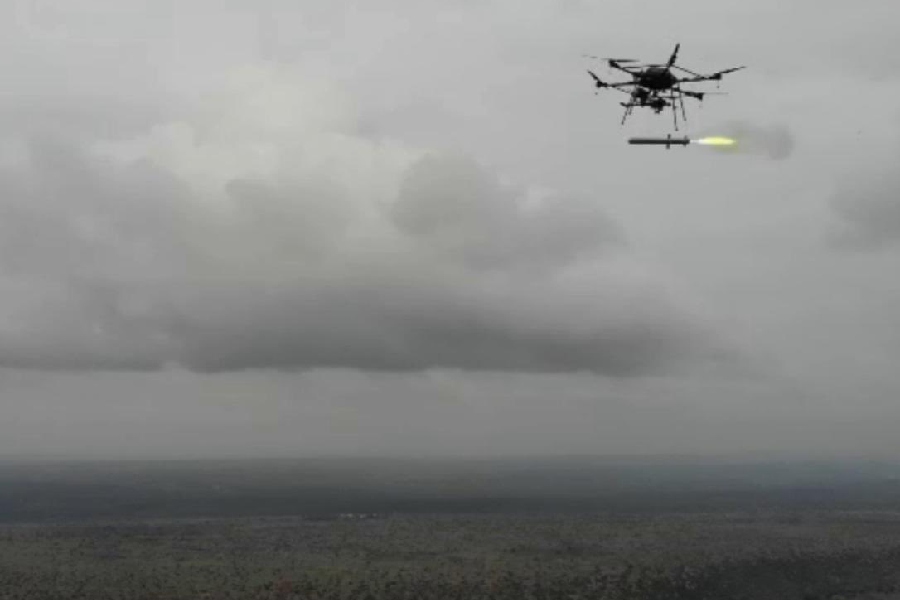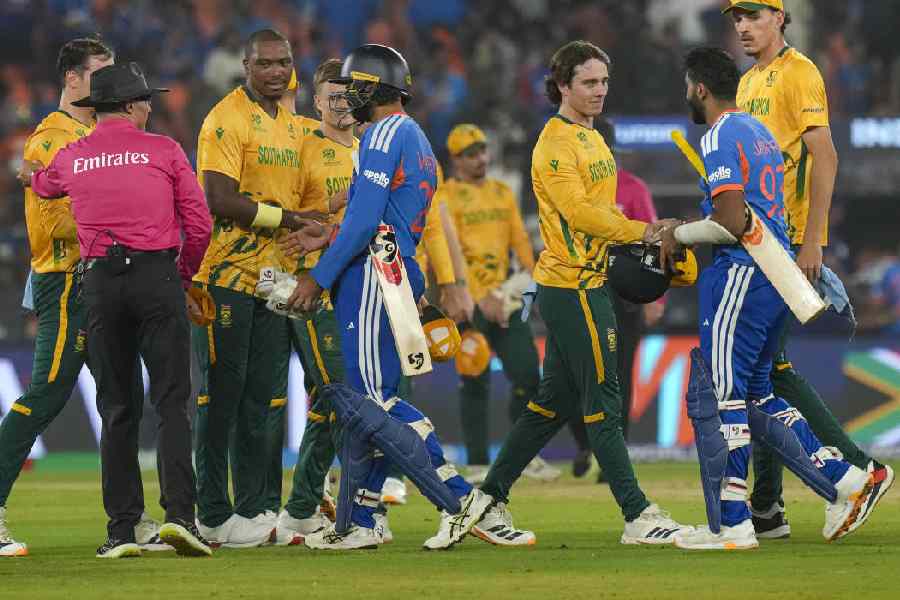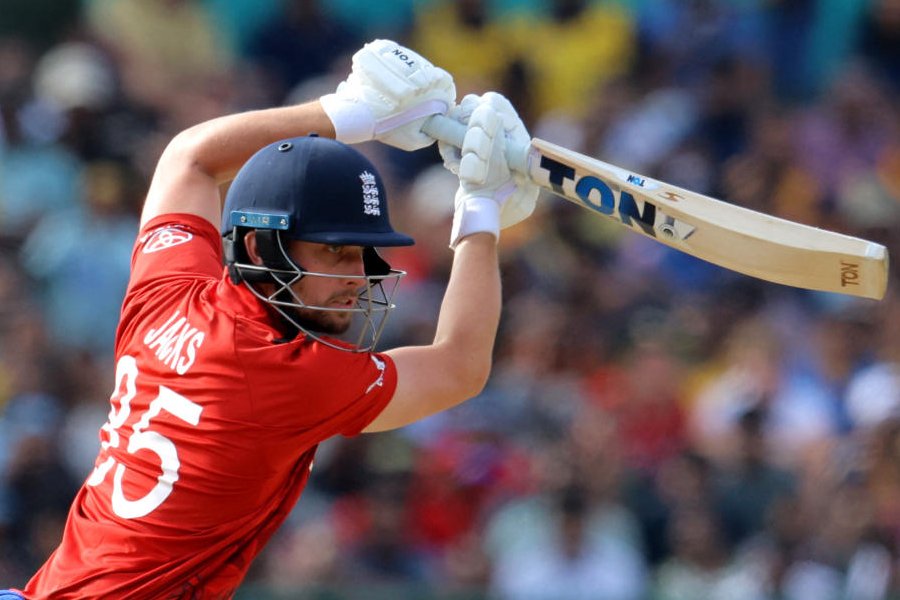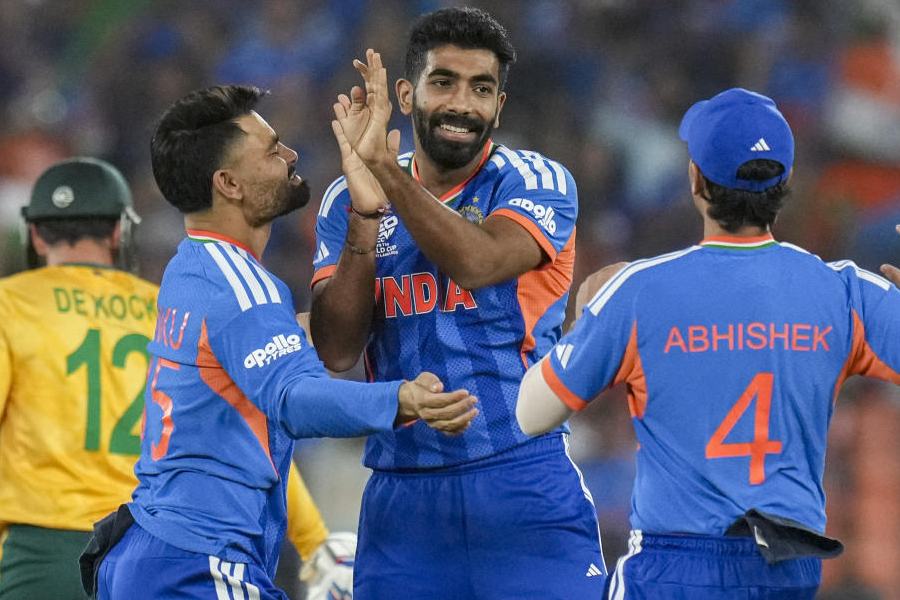Guwahati, Feb. 5: Pro-talks Ulfa leaders today said the 1997 murder of social activist Sanjay Ghose was a “mistake”, the admission accompanying a formal announcement that the militant group would sit for unconditional talks with the Centre on February 10.
But differences within the outfit deepened today with the anti-talks camp led by commander-in-chief Paresh Barua accusing chairman Arabinda Rajkhowa’s faction of deliberately leaving it out of crucial meetings that decided on the peace dialogue. ( )
The murder of the Delhi-based Ghose, who belonged to a well-known family with roots in Calcutta and was widely known in NGO circles, has long been a blot on Ulfa and had caused deep revulsion in India and abroad.
According to the CBI chargesheet, Ulfa cadres had chopped Ghose, 37, into pieces, stuffed the body parts in a gunny bag and dumped it into the Brahmaputra on July 4, 1997.
The pro-talks camp’s admission of the “mistake” came with a general statement that all the killings during Ulfa’s three decades of armed struggle — whether carried out by the outfit or the security forces and others — were “wrong”.
The statements, made at a time of almost daily deaths in Maoist violence and political clashes in Bengal, came in answer to a question at a news conference here addressed by Ulfa vice-chairman Pradip Gogoi, “foreign secretary” Sashadhar Choudhury and publicity secretary Mithinga Daimary.
Asked about Ghose’s murder and the 2004 blast in eastern Assam’s Dhemaji that killed 13 people, including 10 schoolchildren, Choudhury said both were “mistakes”.
“In fact, all killings, including the killing of Ulfa cadres and their family members by both security forces and unidentified persons were wrong,” he said.
“I wish you had asked about the killing of his family members too,” Choudhury added, pointing at Daimary who was sitting next to him.
Ghose was killed hours after his abduction from the eastern Assam river island of Majuli where he had been working for rural development since 1996 as secretary of the Avard-NE, an umbrella group of NGOs. Ulfa suspected that Ghose, whose work had earned popularity, was an army informer.
Ghose’s wife Sumita said: “Basically they (Ulfa members) are all criminals who should be in jail. They can’t get away merely by saying they had committed a mistake. All possible legal action should be taken against them.”
Two years ago, pro-talks Ulfa leader Mrinal Hazarika had claimed that Ghose was killed by local cadres before the top leadership could warn them against harming him and attracting “possible international repercussions”.
“Rajkhowa, who was at Geneva for a UN convention, had sent a message to the local cadres not to harm him but the killing was carried out before it could reach them,” Hazarika had told The Telegraph.
Ghose’s abduction (his death was not immediately known) had caused a stir at the UN, where his aunt Arundhati Ghose was India’s permanent representative then. Ulfa later made conflicting statements about how Ghose died.
It first said he had fallen off a cliff in Arunachal, and then that he had fallen into the Brahmaputra while being ferried across the river.
Ghose, who was brought up in Mumbai and later settled in Delhi, was related to several among the Bengali who’s who. Former Doordarshan chief Bhaskar Ghose was an uncle, while former Supreme Court judge Ruma Pal and diplomat Arundhati Ghose were his aunts.
Ulfa leaders have been known to issue statements admitting mistakes to try and assuage public sentiment. In an email to the media in December 2009, Barua had described the Dhemaji blast, which targeted an official Independence Day function, as “the most tainted chapter in Ulfa’s revolutionary history”.
Akashitora Dutta, an actor whose father was murdered by Ulfa, said: “How can we let terrorists off without trial and punishment? The government should see that the Ulfa leaders do not play with the emotions of the victims’ families for political benefit.”
Brojen Hazarika, president of the Terror Victims’ Family Forum, an organisation of about 6,000 victims of militancy and their families, said: “It is good to see they have realised their mistake now, but... we believe in the law and want justice.”










